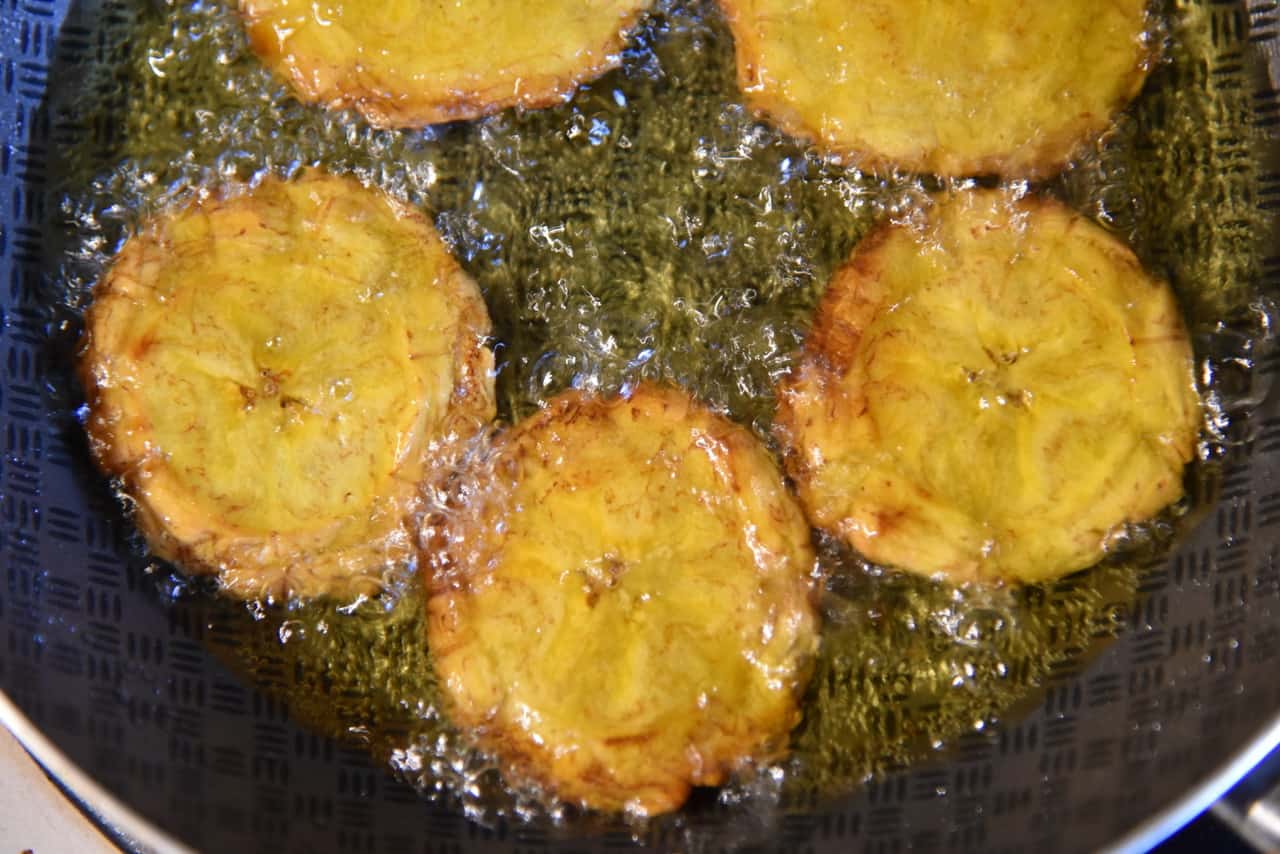If the idea of smashing green plantains into crispy disks doesn’t immediately sound appetizing, you might not realize you’re missing out on patacones—a beloved Costa Rican treat that’s as simple as it is delicious. Though they may seem straightforward, there’s more to patacones than meets the eye. Here are some fresh insights into this tropical staple:
1. The Name Patacón Has Colonial Roots
The term patacón traces back to Colonial Era Spanish and Portuguese silver coins, a nod to their flattened, round shape. Interestingly, in some countries, they’re called tostones—a word that doubles as slang for a Mexican fifty-cent piece. This linguistic twist ties the dish to a quirky history of currency and cuisine.
2. Plantains Are Bananas’ Tougher Cousin
Newcomers from colder climates often mistake plantains for oversized bananas, but these starchy relatives belong to the same botanical family, Musaceae. Originating in India, plantains thrive in tropical regions like Africa, the Caribbean, and Latin America. They’ve even found a foothold in subtropical Florida, though frost remains their kryptonite. In Costa Rica, green plantains are the star of patacones, prized for their firm texture over the sweetness of ripe bananas.
3. The Versatility Of Patacones
In Costa Rica, patacones are typically pressed into disks a few inches wide, golden and crispy on the outside, chewy within. They’re often paired with refried black beans or a zesty chimichurri (a mix of tomatoes, onions, and cilantro). They shine as a sidekick to dishes like ceviche, where their warm, hearty bite balances the cool, citrusy fish.
Cooked fresh to order, they’re worth the wait—trust me, your ceviche will thank you. Beyond Costa Rica, patacones (or tostones or fritos, depending on the country) take on diverse forms: larger rounds, oblong shapes, or even edible baskets piled with beans, meats, cheeses, seafood, or salsas. A loaded patacón can easily stand alone as a satisfying meal.
4. “Patacón Pisao” is a Song That Stomps Its Way In
Mention patacones in a crowd, and someone’s bound to hum “Patacón Pisao,” a catchy Dominican tune about a man begging his wife for smashed plantains. Pisao (a playful take on pisado, meaning “stepped on” or “flattened”) describes the dish’s signature prep—twice-fried after a good smash. While the song’s title doesn’t denote a specific recipe, some eateries use Patacón Pisao as a fun label for their loaded patacón creations.
5. The Lucky Guápil Myth
When shopping for plantains, you might spot two fused together—a guápil. In Costa Rica, finding a guápil (any conjoined plant product) is said to bring good luck. Conjoined plantains are common enough that their “mojo” is considered mild compared to rarer finds like twin coffee beans. Oddly, these doubles are sold at single-unit prices, likely because their irregular shape makes them less ideal for uniform patacón disks.
6. Patacones Today
Today, patacones are continuing to evolve with Costa Rica’s food scene. Chefs are experimenting with fusion toppings—think avocado crema, spicy pulled pork, or even vegan cashew cheese—catering to both locals and tourists. Street vendors and upscale spots alike are turning patacones into Instagram-worthy bites, often served with craft hot sauces or tropical fruit salsas. They remain a budget-friendly staple, with prices in averaging ₡500-₡1000 CRC ($1-2 USD) for a hearty portion at a local soda.
If you come to Costa Rica nad patacones aren’t on your menu of things to eat, you’re overlooking a dish that debunks the stereotype of Tico cuisine as just rice and beans. Whether you snag them piled high with goodies at a trendy restaurant or enjoy them simply as a snack, patacones are a versatile delight worth savoring. Give them a try!






